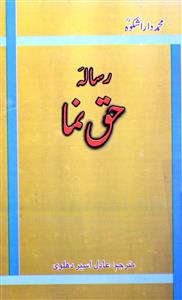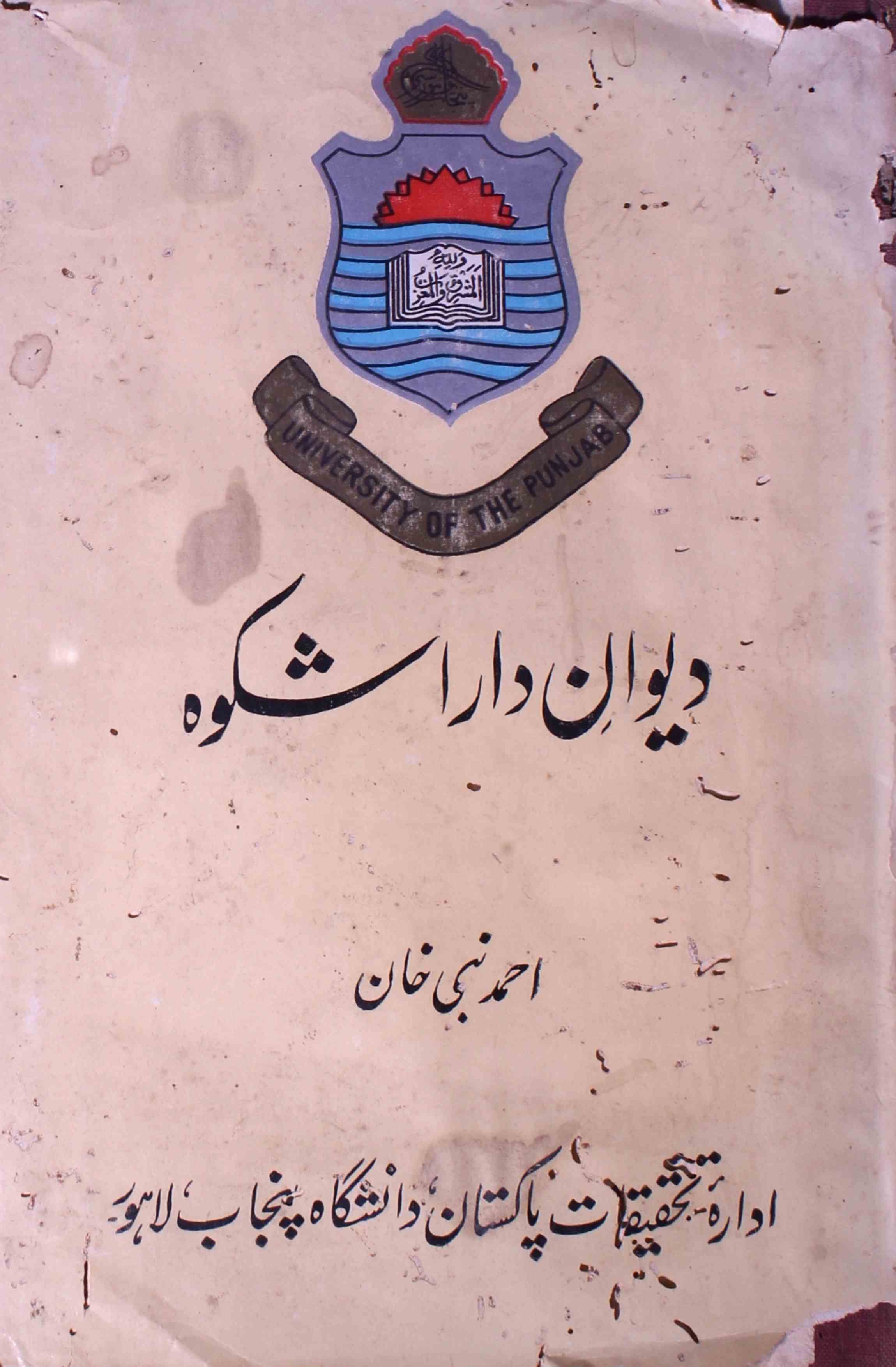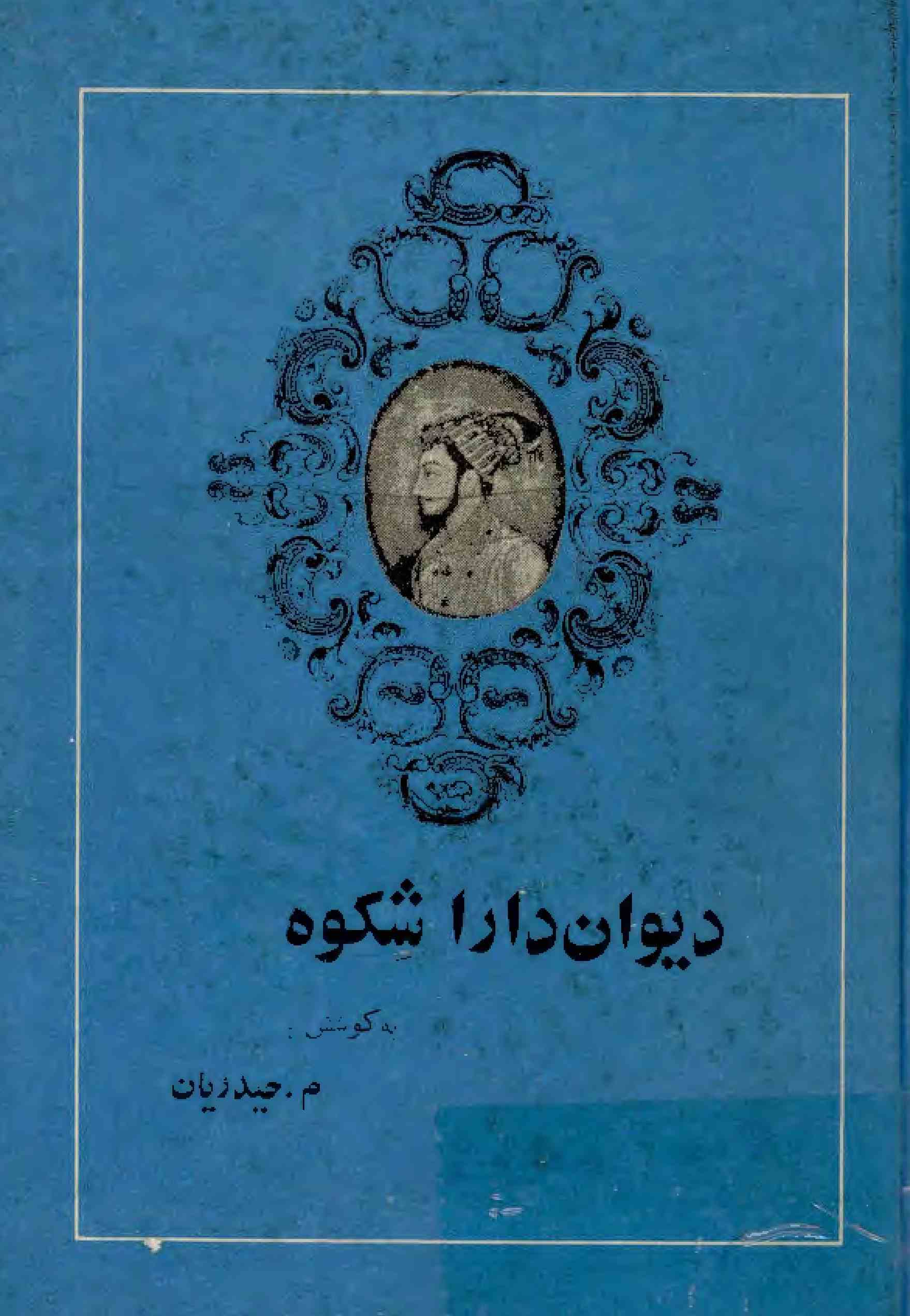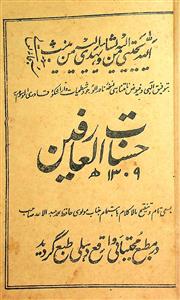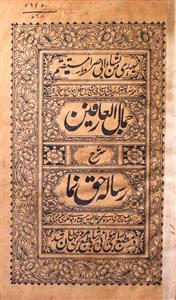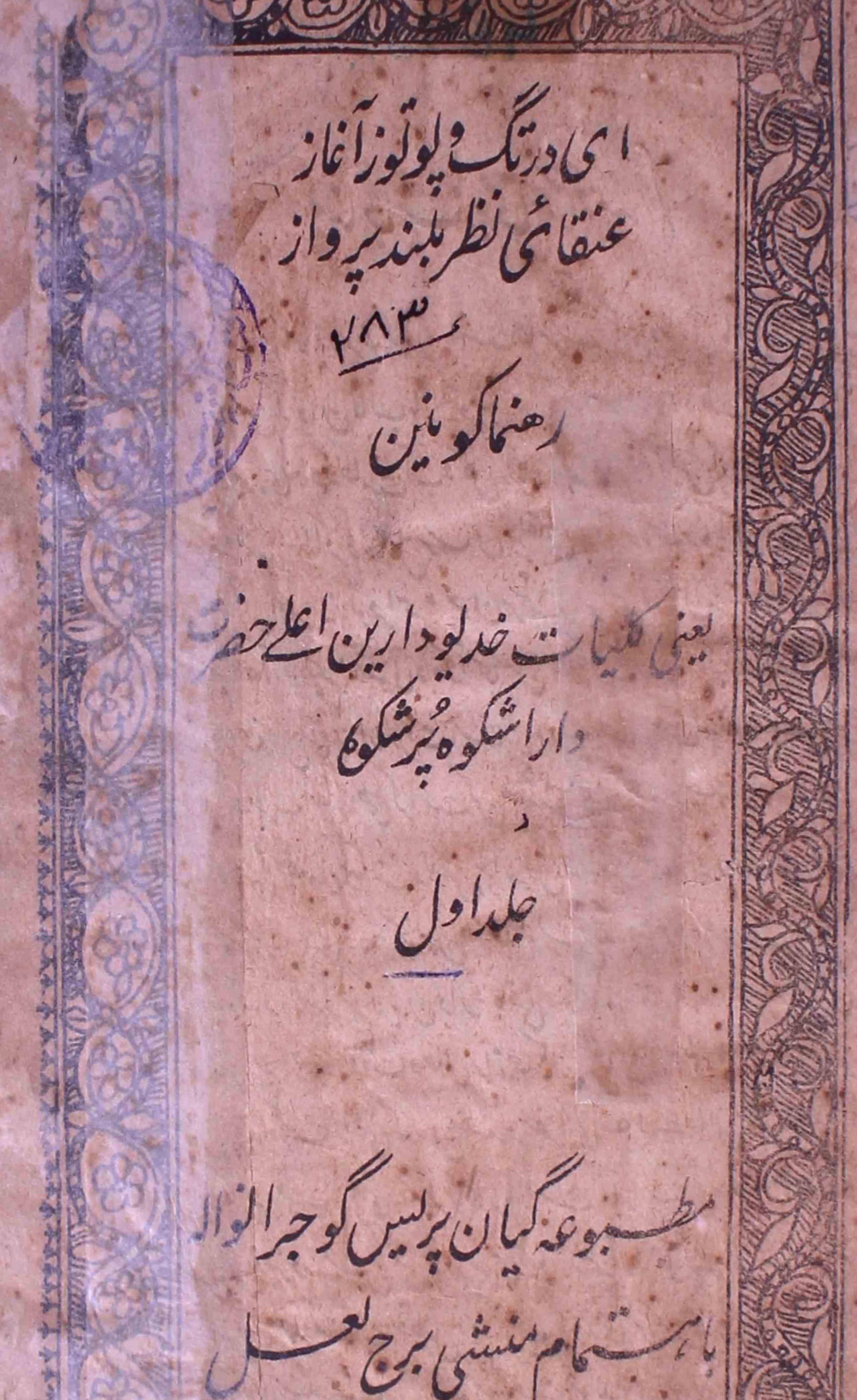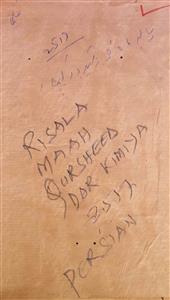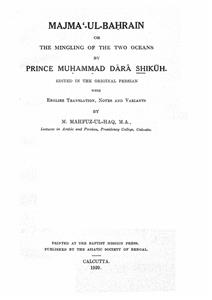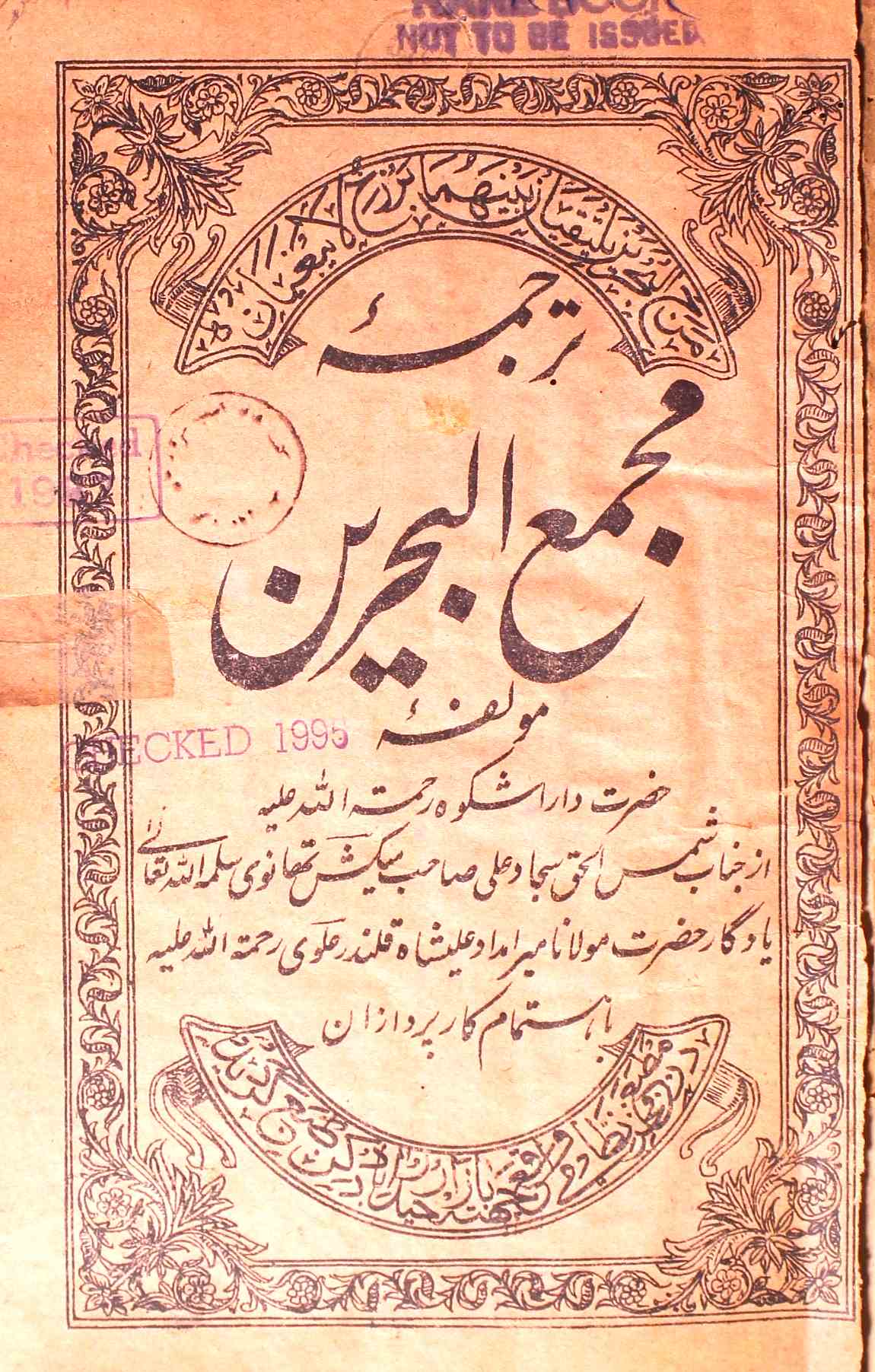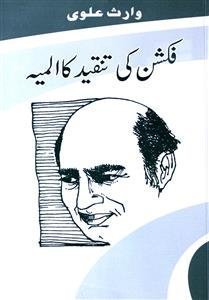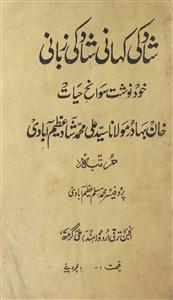 For any query/comment related to this ebook, please contact us at haidar.ali@rekhta.org
For any query/comment related to this ebook, please contact us at haidar.ali@rekhta.org
About The Book
زیرنظرکتاب، شاہی مغل خانوادے کے سب سے فاضل اور کئی کتاب کے مصنف کی فارسی کتاب "رسالہ حق نما" کا اردو ترجمہ ہے، یہ ترجمہ عادل اسیر دہلوی صاحب نے کیاہے،رسالہ حق نما میں دارا شکوہ نے تصوف والہیات کے دقیق مسائل سےبحث کی ہے اور ان اذکار و اشغال کی توضیح کی ہےجن پر عمل کر نے سے حق تک رسائی آسان ہوجاتی ہے،اس رسالےکو چھ فصلوں میں تقسیم کیا گیاہے،یہ تقسیم کچھ اس طرح ہے، پہلی فصل میں عالم ناسوت،دوسری میں عالم ملکوت،تیسری میں عالم جبروت،چوتھی میں عالم لاہوت،پانچویں فصل میں ہویت اور چھٹی فصل میں وحدت کےبارےمیں وضاحت کی ہے، مندرجہ بالا فصلوں کےعناوین سے اس کتاب کی اہمیت کا اندازہ لگایا جا سکتاہے۔ دارا شکوہ صوفی منش تھے، وہ شہزادے سے زیادہ عالم ، عوامی تخیل میں مغلوں کا ایک خاص مقام ہے۔ مغل کنبہ میں دارا شکوہ ایک انوکھی اور حیرت انگیز شخصیت کے مالک تھے۔
About The Author
Dara Shukoh (1615-1659) was the eldest son and designated heir of Mughal emperor Shah Jahan, celebrated at court for his inquisitive mind, Sufi devotion, and broad-minded approach to faith. Writing under the pen-name 'Qadiri' in honor of his spiritual guide from the Qadiri Sufi order, he composed a substantial Diwan containing 216 ghazals, 148 quatrains (rubaiyat), and qasidas in Persian.
Determined to prove the unity of sacred wisdom, Dara translated fifty Upanishads into Persian under the title Sirr-i-Akbar and produced Majma-ul-Bahrain ("Confluence of the Two Seas"), a groundbreaking treatise that set Sufi and Vedantic terminology side by side. His other works included Safinat-ul-Auliya, Risala-i-Haq-Numa (The Compass of Truth), and Iksir-i-Azam (The Great Elixir), all reflecting his quest to bridge Islamic mysticism with Hindu philosophy.
His liberal views made him a popular but controversial figure; during the 1657–1659 war of succession he was defeated, tried for apostasy, and executed on Aurangzeb's orders, yet his writings endure as some of the earliest sustained calls for interfaith harmony in South Asia.
 For any query/comment related to this ebook, please contact us at haidar.ali@rekhta.org
For any query/comment related to this ebook, please contact us at haidar.ali@rekhta.org
